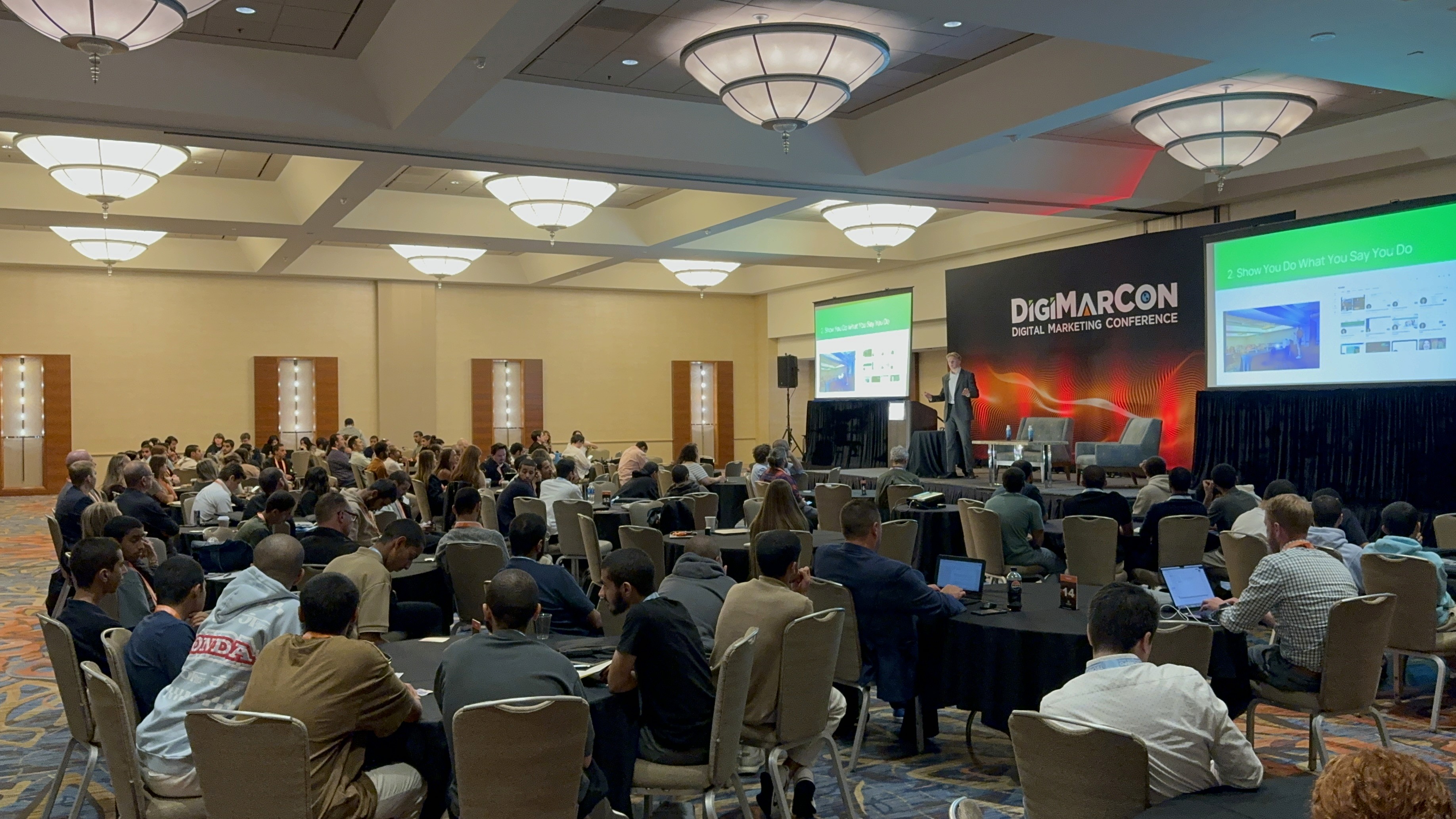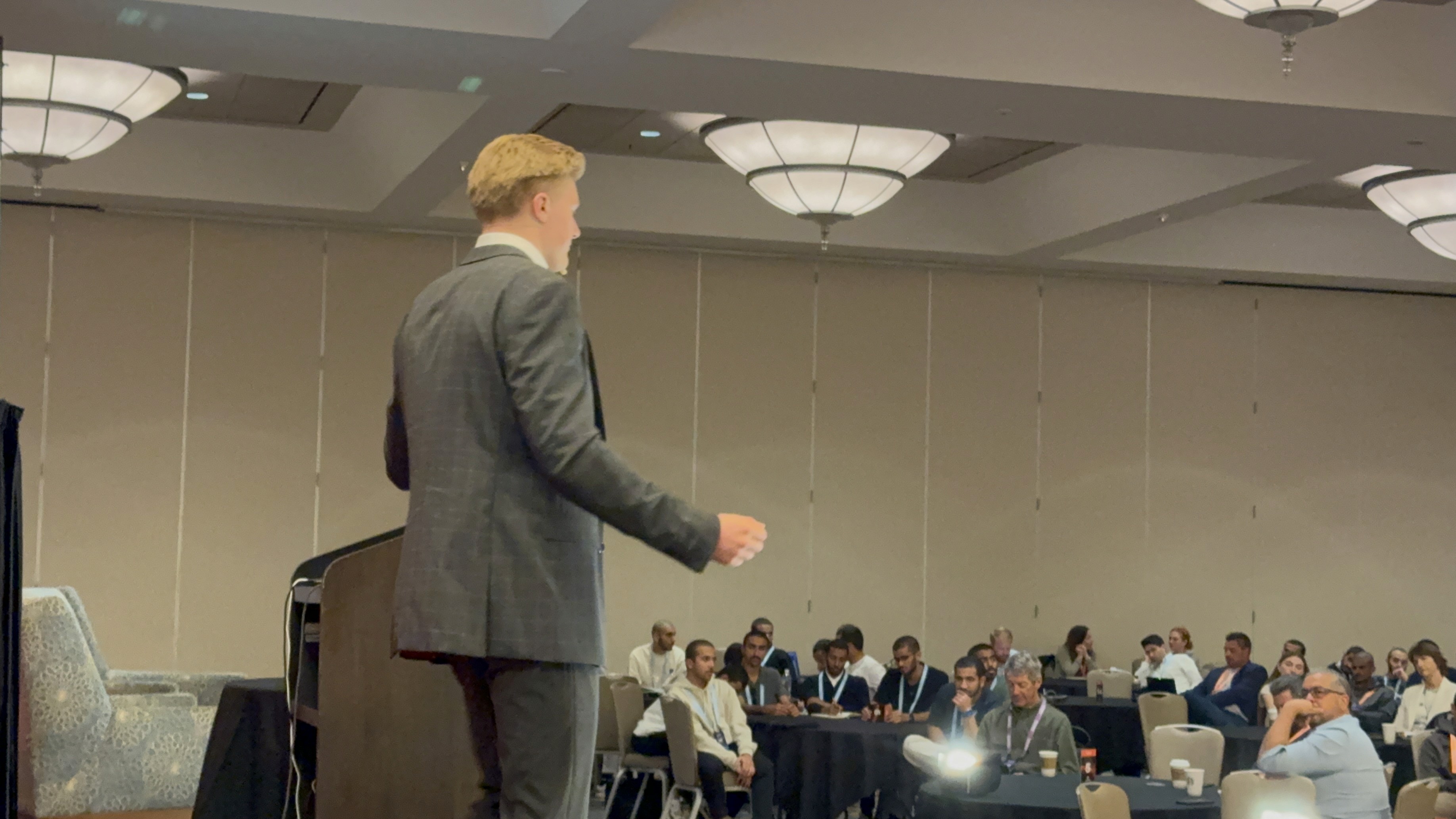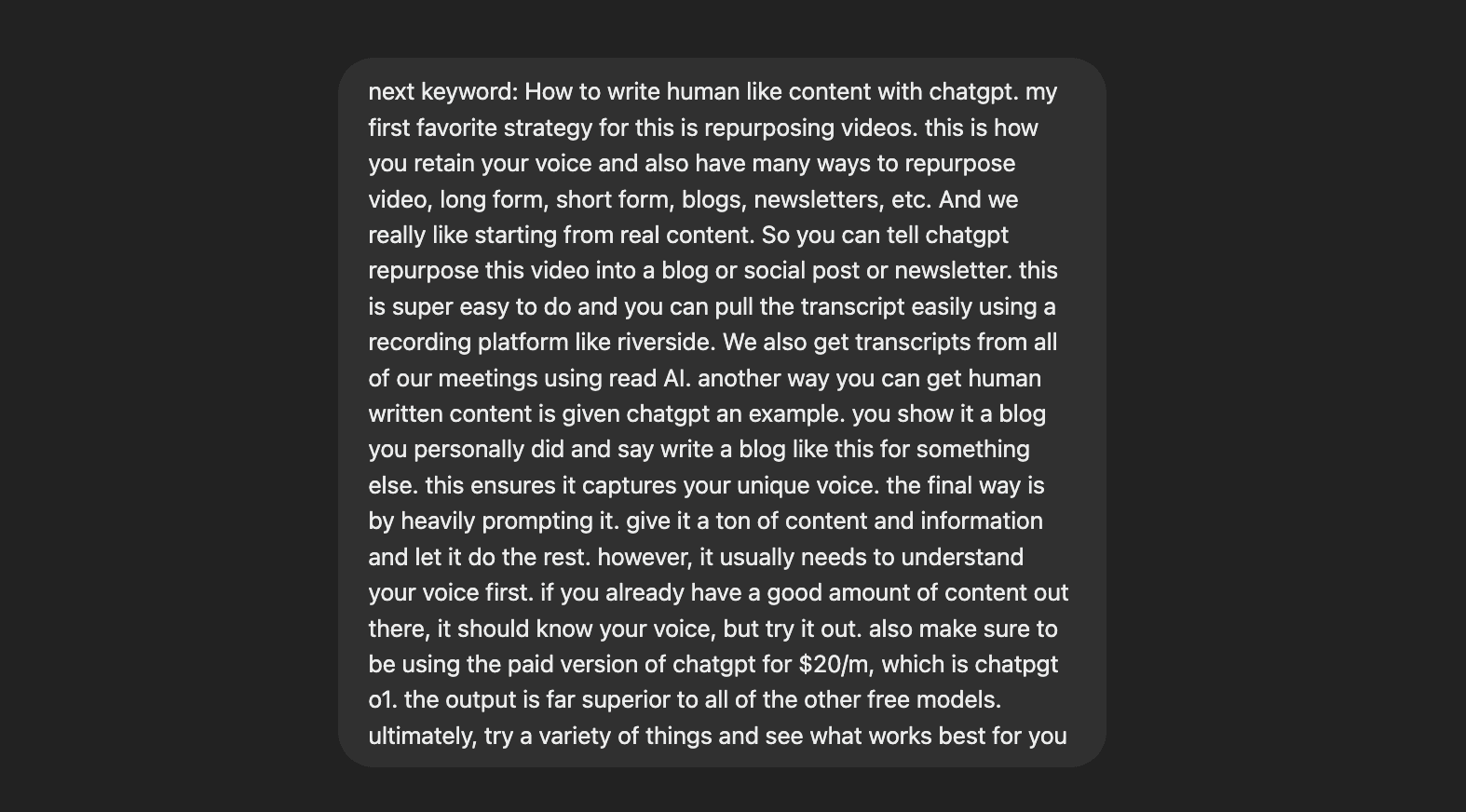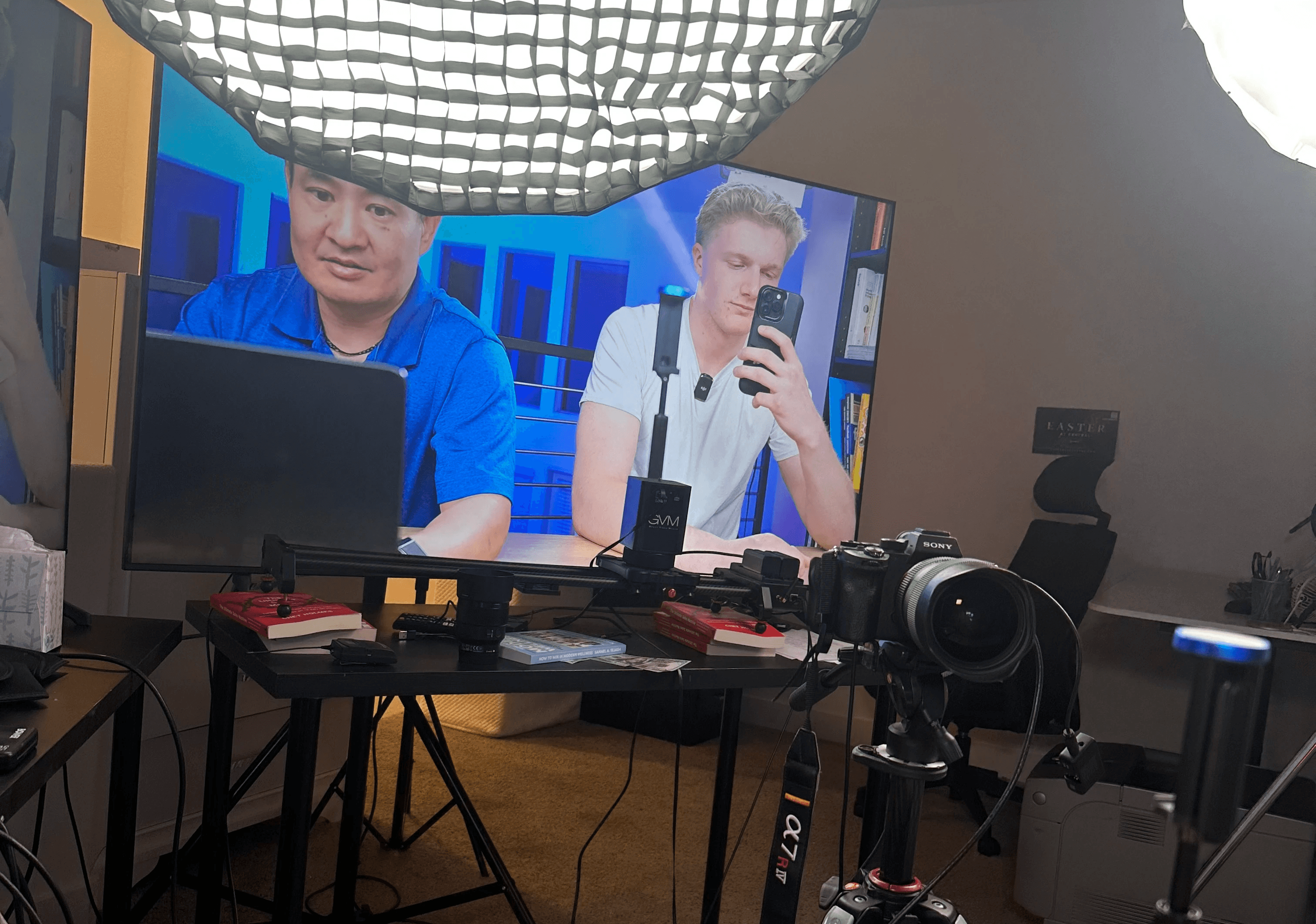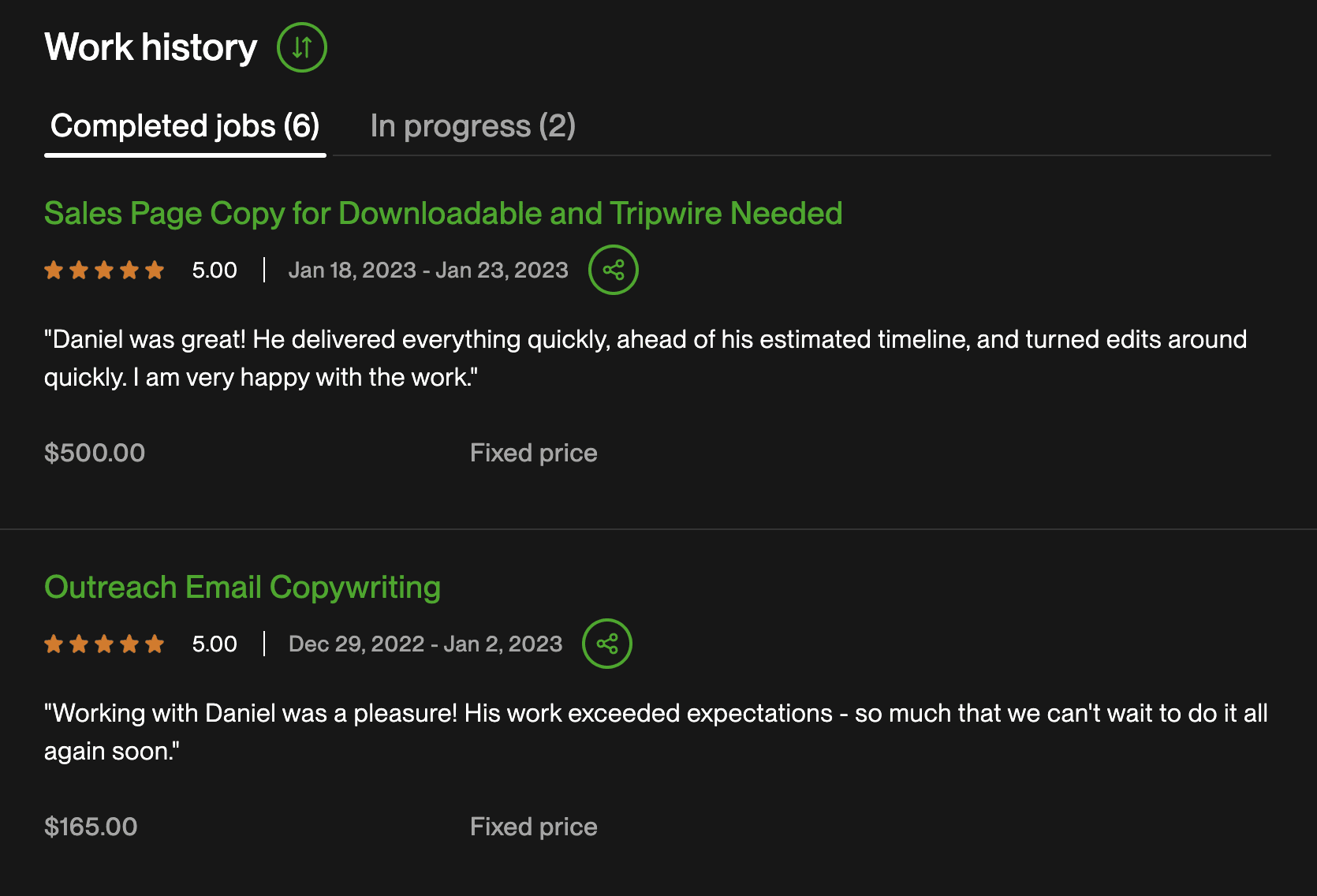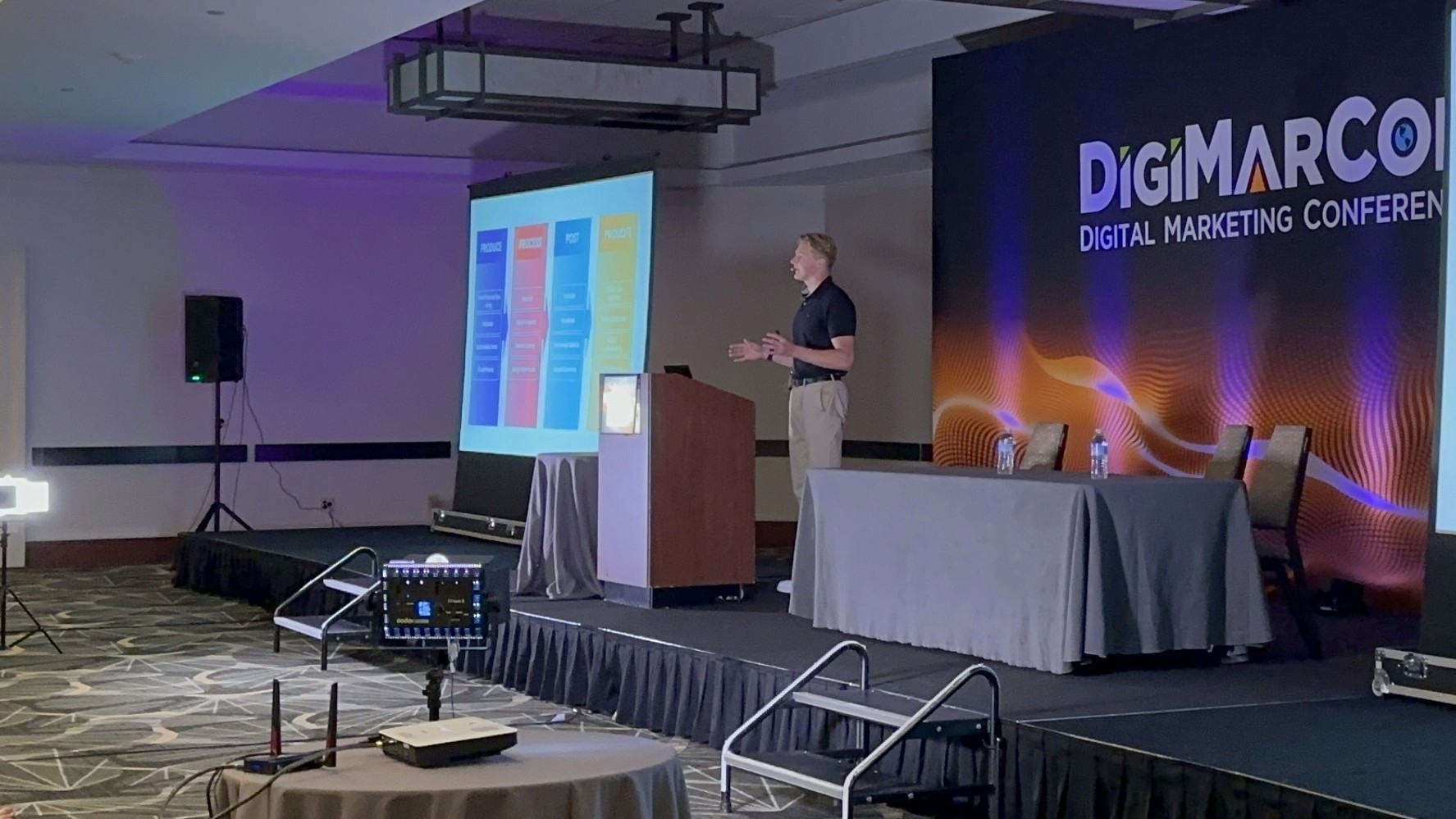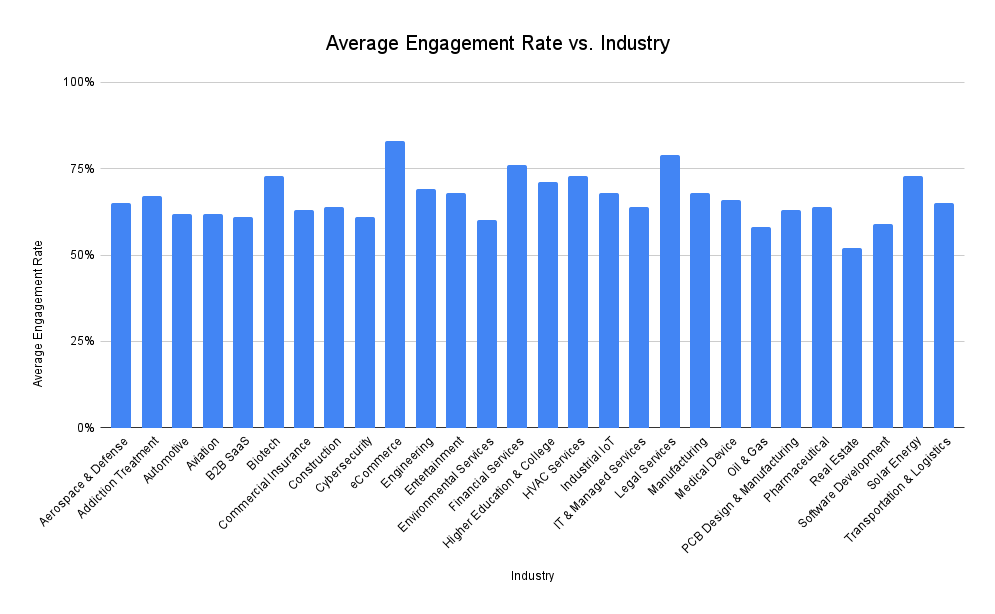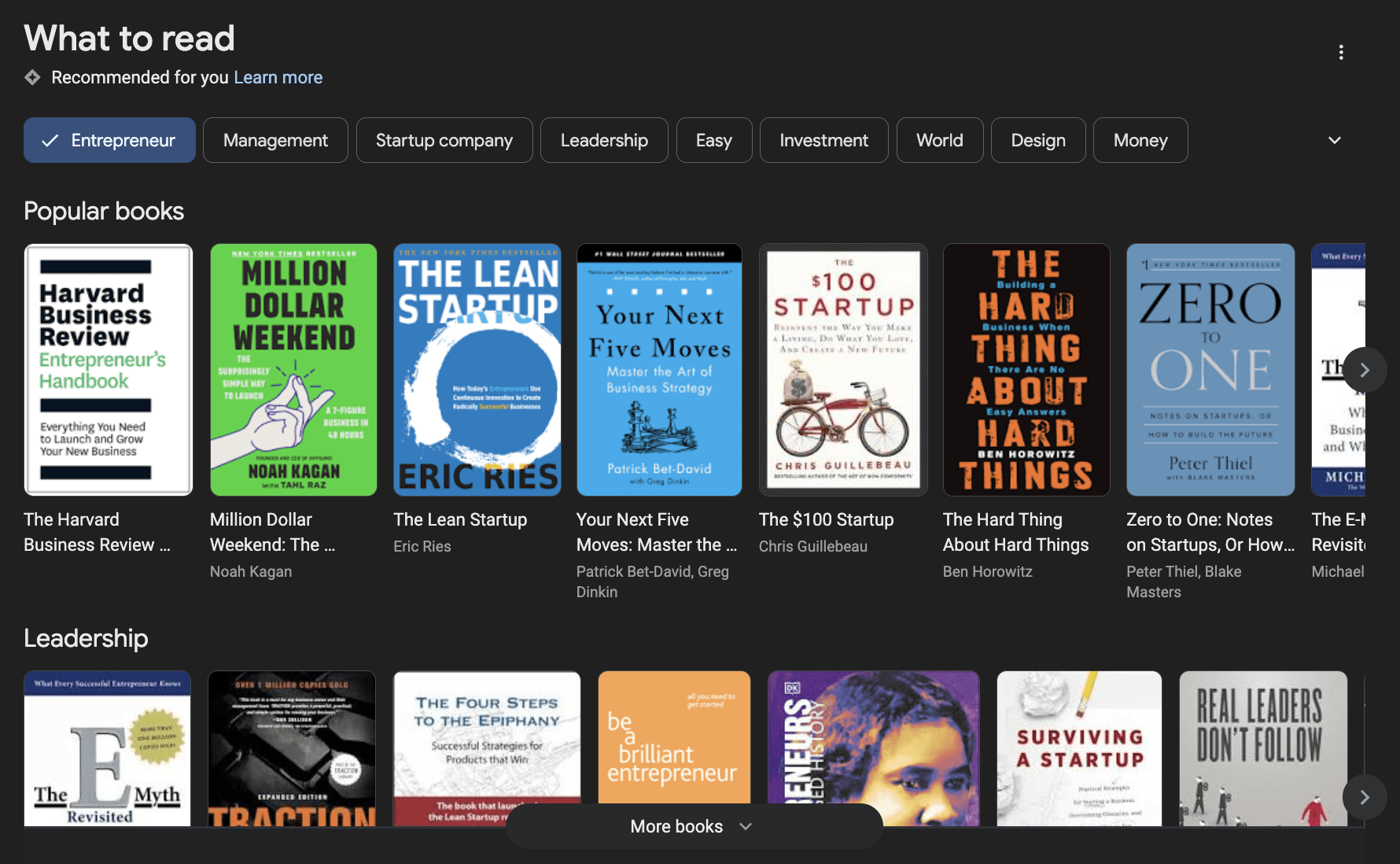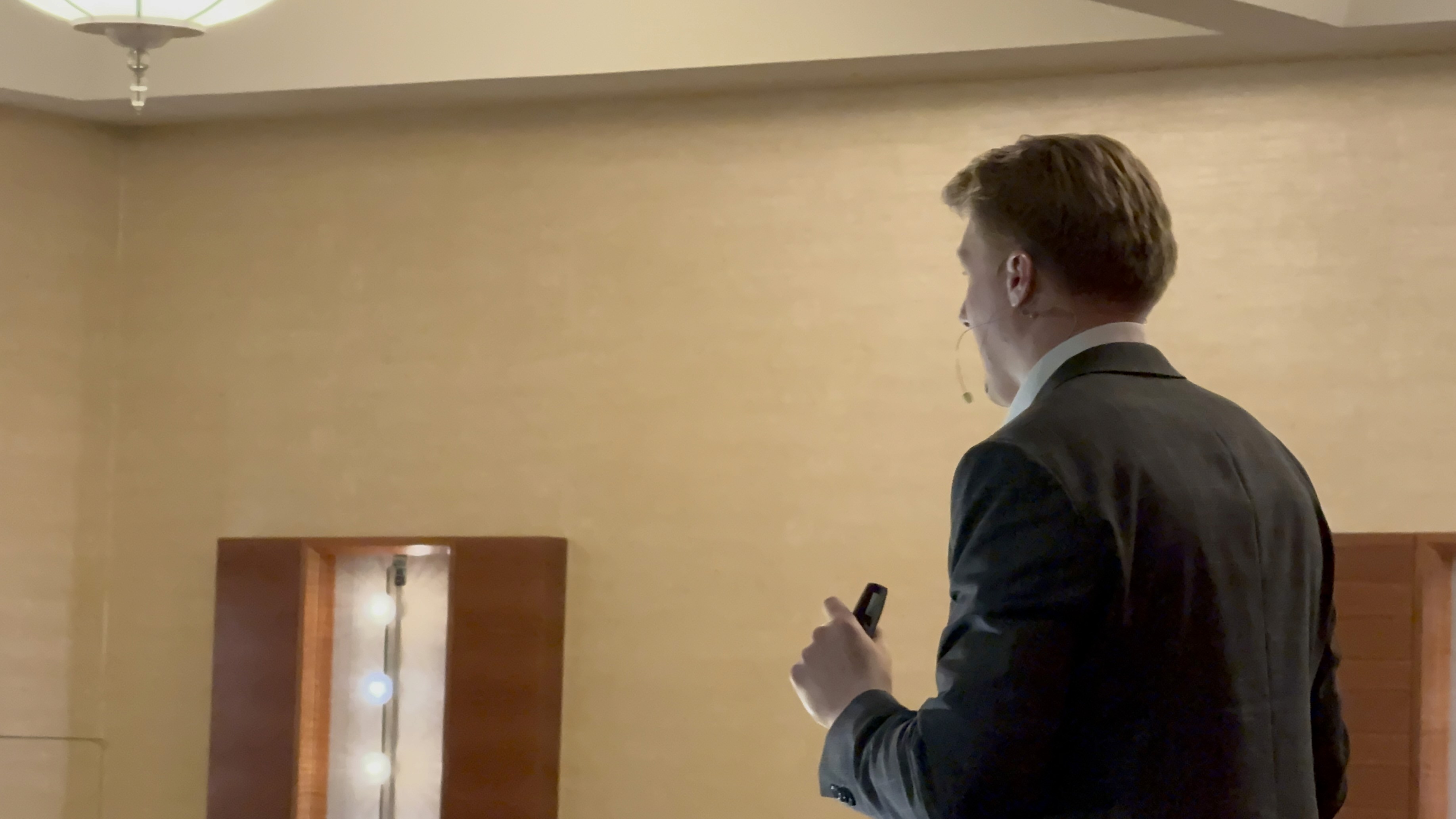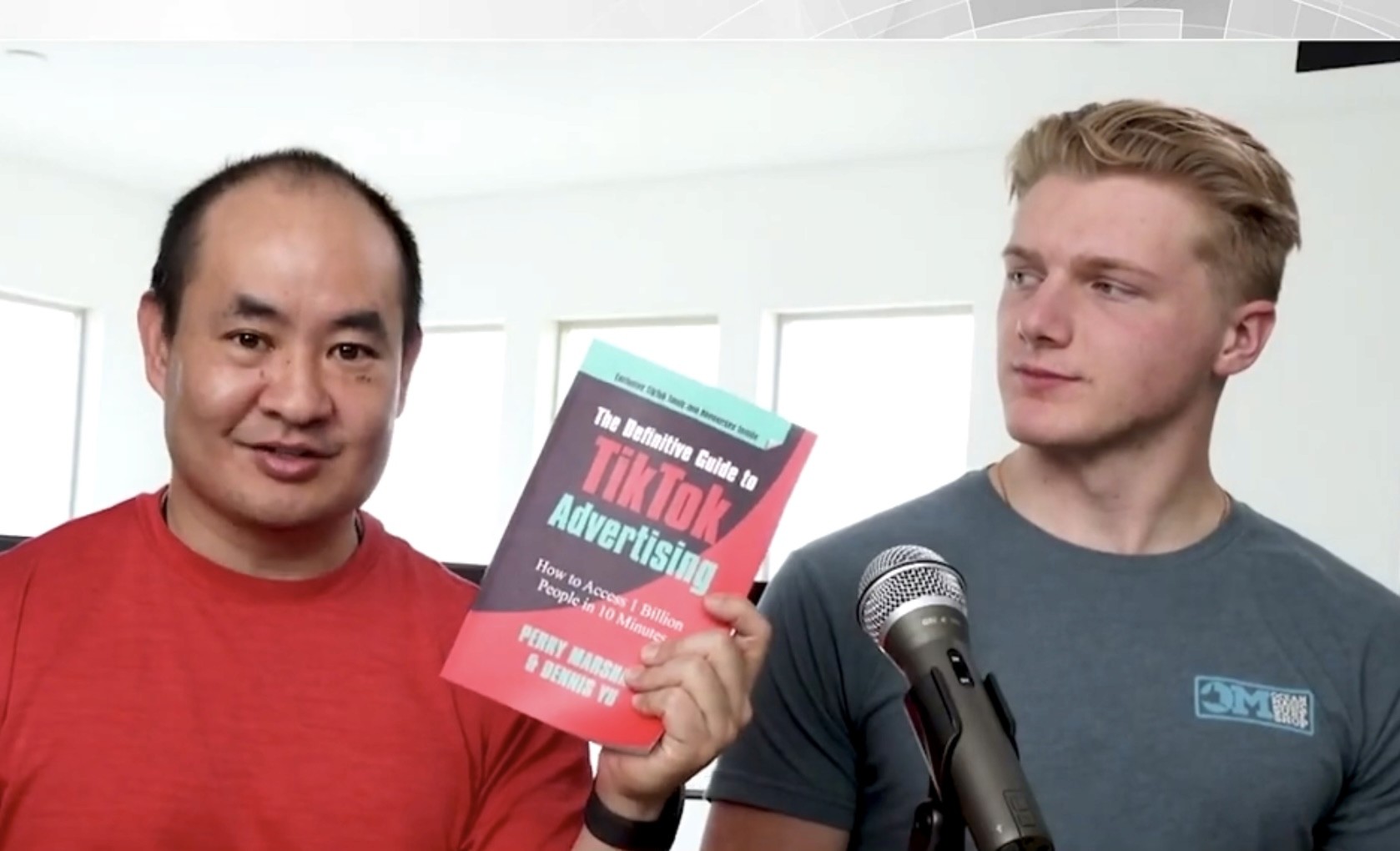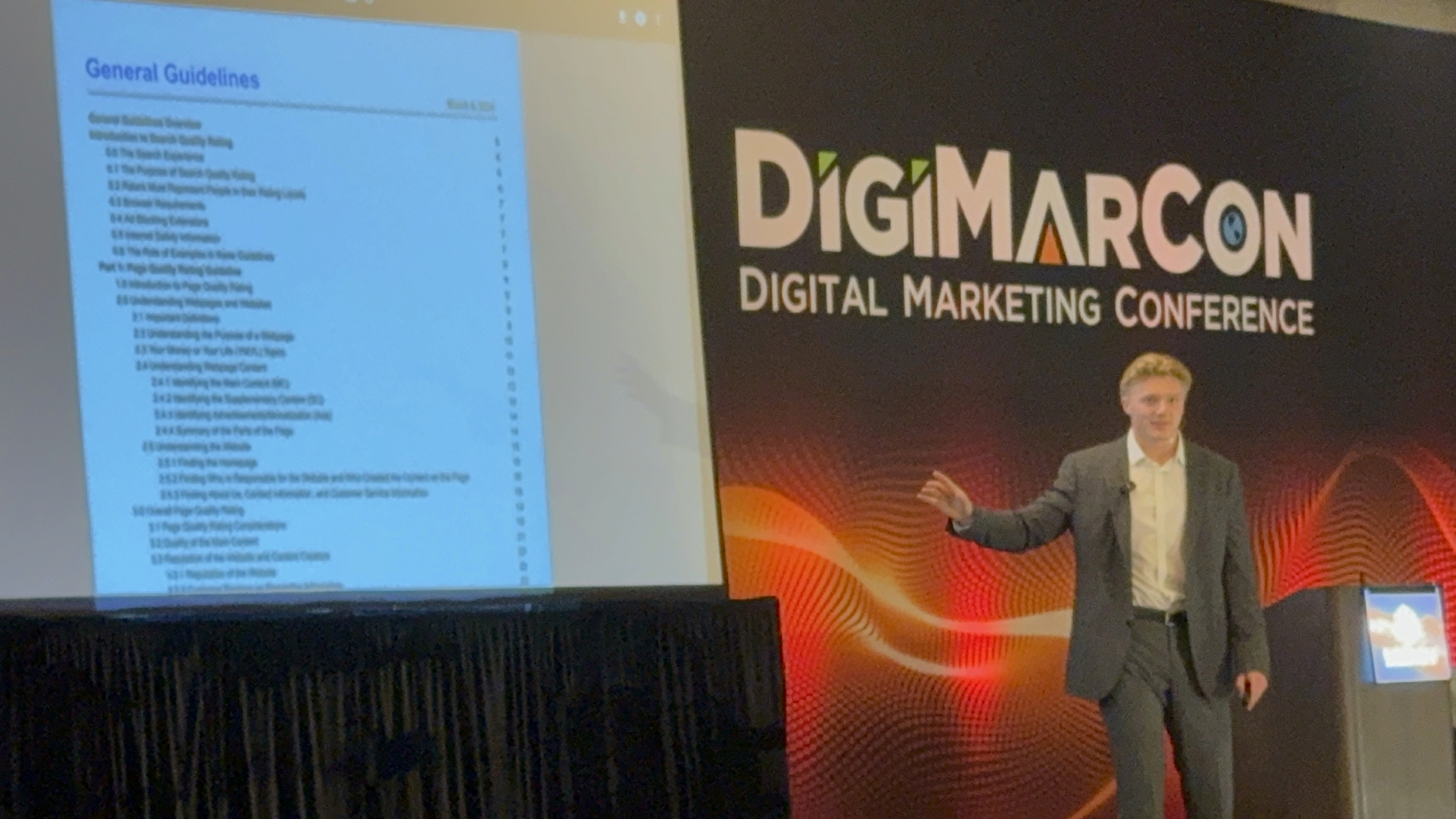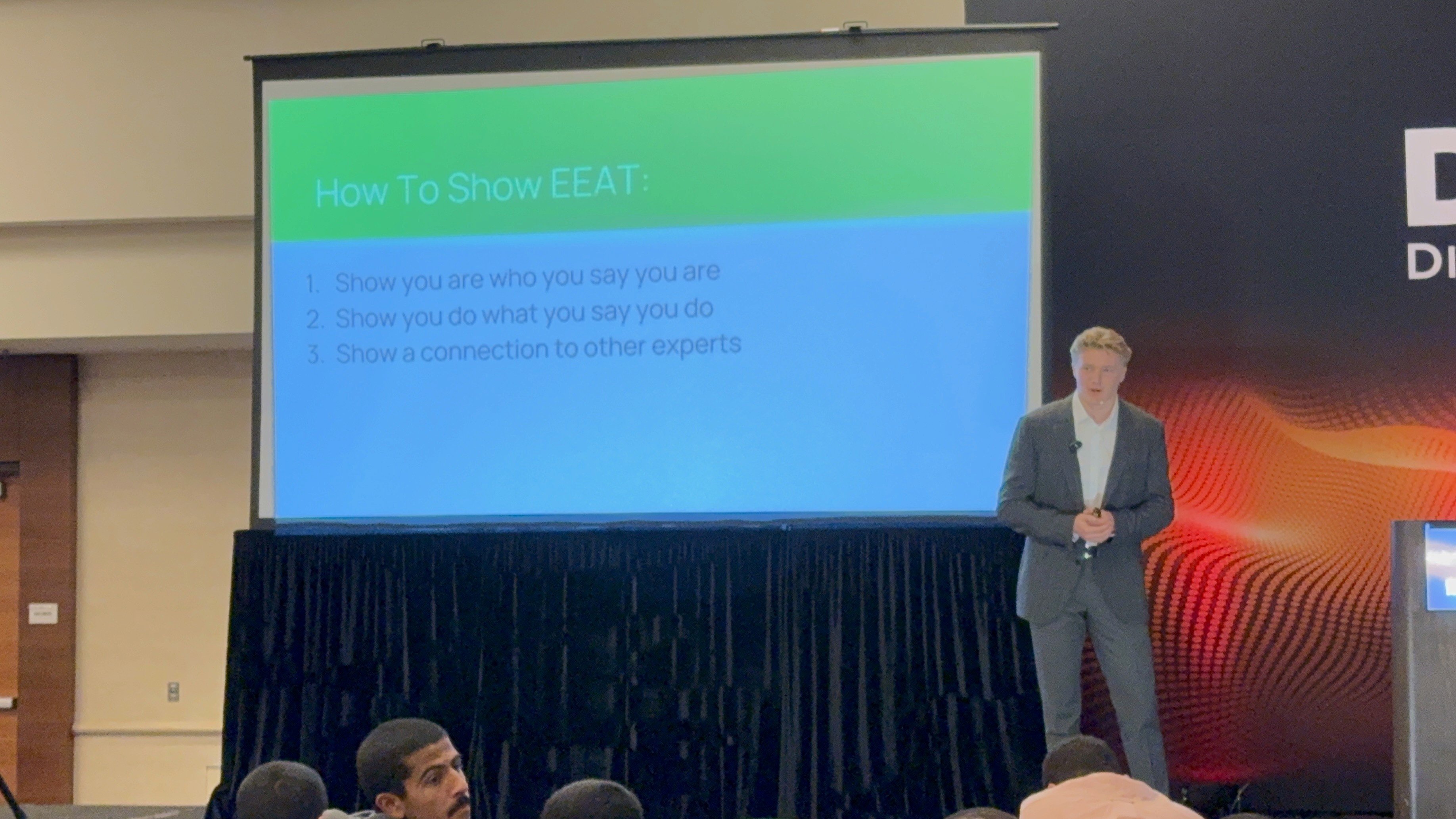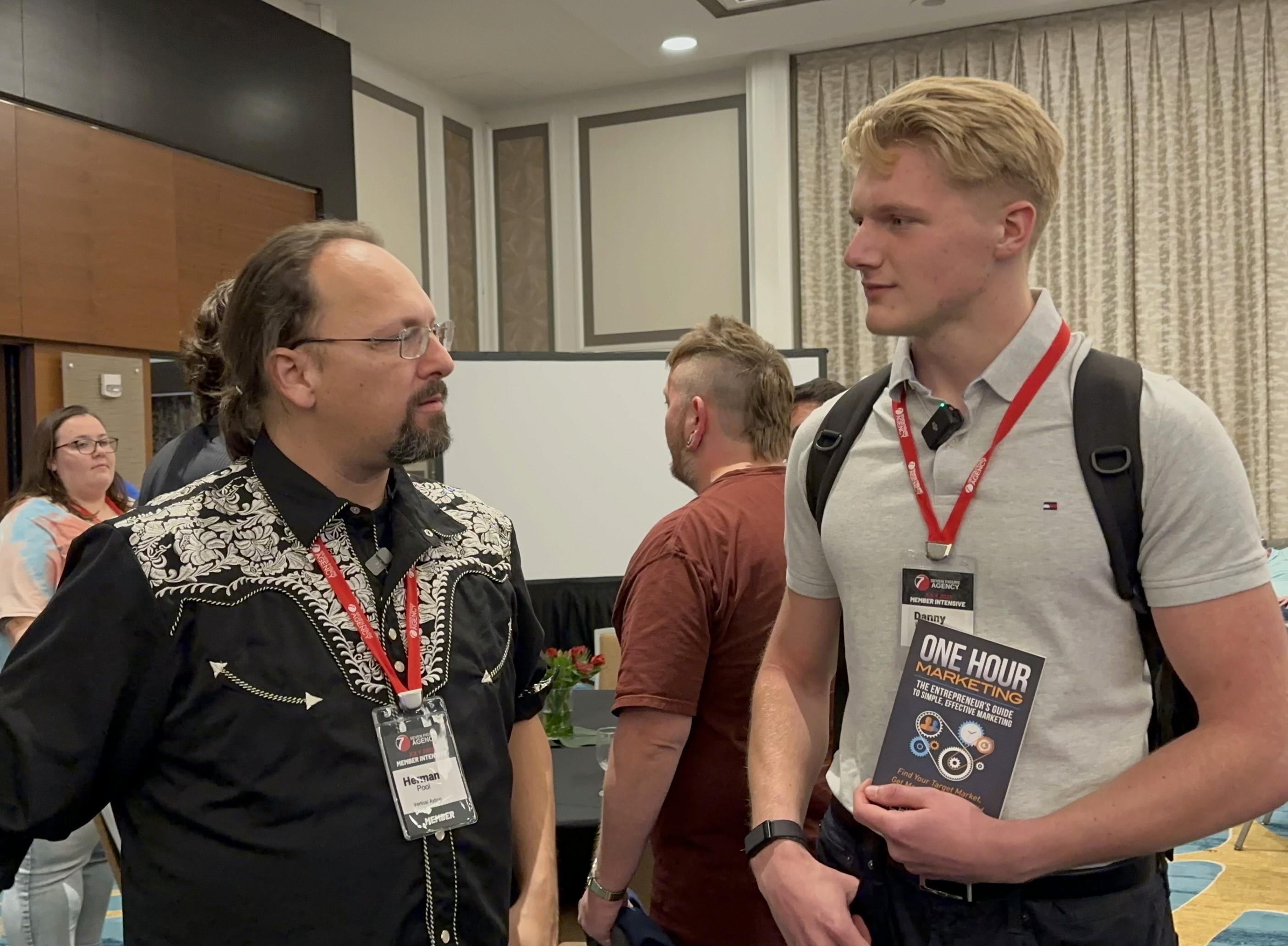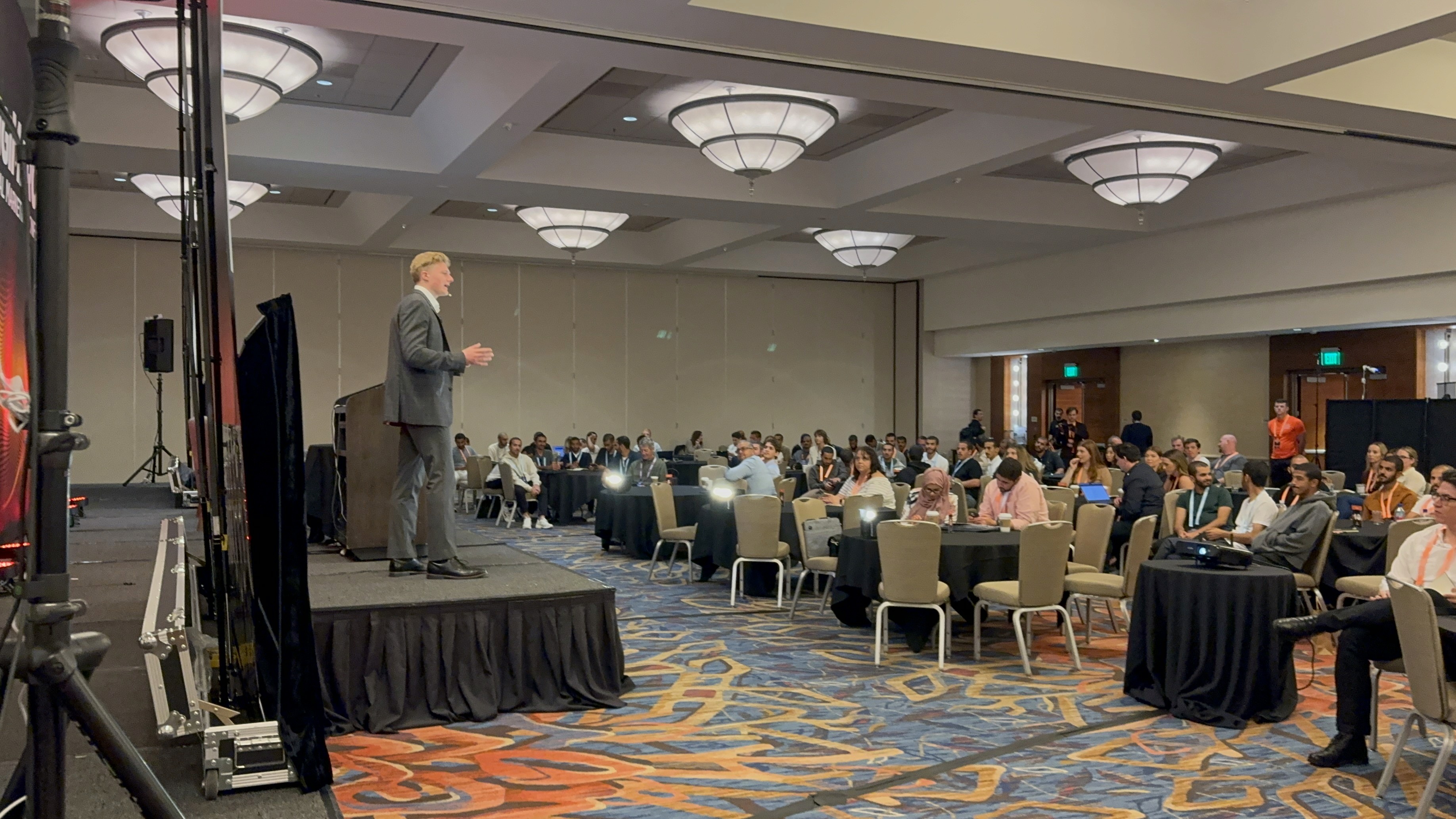Leadership
My Leadership Philosophy: Guiding Principles for Effective Leadership
Aug 29, 2024
Over the years, I’ve come to realize that leadership isn’t just about managing people or hitting targets—it’s about embodying certain values and guiding others toward a shared vision. For me, leadership is deeply personal. My leadership philosophy is shaped by my experiences, my values, and the lessons I’ve learned along the way.
In this post, I want to share the core elements of my leadership philosophy—principles that have helped me lead with intention and purpose. Whether you're leading a small team, a company, or even just yourself, having a clear leadership philosophy is essential for long-term success.
/ / / / / / / /
1. Servant Leadership: Putting Others First
One of the most important aspects of my leadership philosophy is servant leadership. The idea here is simple—great leaders serve their people. Whether it's your employees, your clients, or your community, putting their needs first helps create an environment where everyone can thrive.
I’ve always believed that leadership isn’t about asserting power but about empowering others. When you support and uplift the people around you, they become more invested in the mission. This doesn’t just improve productivity; it fosters loyalty and trust within the team. I’ve found that when you lead with a servant’s heart, people are more willing to go the extra mile.
2. Leading by Example
In my view, effective leadership always starts with setting the right example. People are more likely to follow someone who does what they say. That’s why I hold myself accountable to the same (or even higher) standards that I set for my team. Whether it’s showing up early, staying focused, or putting in the work, I know that my actions set the tone for the entire organization.
I believe that consistency is key. If I expect dedication, honesty, and hard work from others, then I need to demonstrate those traits in my daily actions. When people see you living out the values you preach, it inspires them to follow suit.
3. Continuous Learning and Adaptability
Another critical part of my leadership philosophy is embracing continuous learning. I don’t believe in being stagnant—whether it’s learning new skills, seeking feedback, or staying updated on industry trends, I always strive to grow as a leader.
The business landscape is constantly changing, and so are the needs of those you lead. As a leader, it’s important to stay adaptable and open to new ideas. I’ve found that being a lifelong learner allows me to make better decisions, embrace innovation, and inspire my team to do the same.
For me, leadership is about knowing when to take charge and when to step back and listen. This means I’m always learning not just from books or courses but from my team as well.
4. Empowering Others to Lead
A big part of my leadership philosophy is empowerment. I’ve learned that successful leaders don’t just give orders—they inspire others to step into their own leadership roles. Whether someone is leading a project, a team, or just managing their own work, I aim to create opportunities where others can grow into leaders.
I encourage my team to take ownership of their responsibilities and trust them to make decisions. When people feel empowered, they become more engaged and more confident. I’ve found that empowering others creates a ripple effect that leads to more innovation, accountability, and collaboration across the board.
5. Integrity and Authenticity
Leadership without integrity is hollow. I’ve seen first-hand that people will follow a leader who is honest, even when it’s hard, over someone who says what people want to hear. My leadership philosophy is rooted in the belief that integrity is non-negotiable. If you're Christian, you might appreciate the top bible verses about leadership.
Authenticity also plays a key role here. I believe that people are drawn to leaders who are genuine. When you show up as your true self—faults and all—it builds deeper connections and fosters trust. My goal as a leader is to always be transparent, honest, and open, even in difficult situations.
6. Fostering a Culture of Accountability
Creating a culture where people hold themselves and each other accountable is another crucial part of my leadership philosophy. It’s easy to talk about accountability, but building a culture that promotes it requires consistency and clarity.
I believe that leaders need to set clear expectations and follow up regularly. But it’s not just about enforcing rules—it’s about helping people see the value in meeting commitments. When accountability is framed as a tool for growth and improvement, people begin to see it as something that benefits them, rather than as a punishment.
7. Compassion and Empathy
Lastly, my leadership philosophy revolves around compassion and empathy. We’re all human, and life happens—people face challenges that affect their work. I believe a great leader knows how to lead with compassion, understanding that employees aren’t just workers; they’re people with lives outside the office.
Showing empathy doesn’t mean lowering your standards or letting things slide. It means being there for your team, especially when they need support. This human-centered approach helps build a sense of community within the workplace and creates an environment where people feel safe and valued.
Conclusion: My Leadership Philosophy in Action
In the end, my leadership philosophy boils down to this: serve others, lead by example, empower your team, and stay true to your values. Whether you’re leading a company or just starting out, having a clear philosophy helps you stay grounded and focused, especially when challenges arise.
Leadership is an ongoing journey, and my philosophy continues to evolve as I grow. But these principles have guided me through difficult times and helped me build strong, cohesive teams that are capable of achieving amazing things.
What’s your leadership philosophy? Whether it’s similar to mine or entirely different, defining it for yourself is the first step toward becoming a better leader.
Latest
More Blogs By Danny Leibrandt
Get the latest insights on business, digital marketing, and entrepreneurship from Danny Leibrandt.

